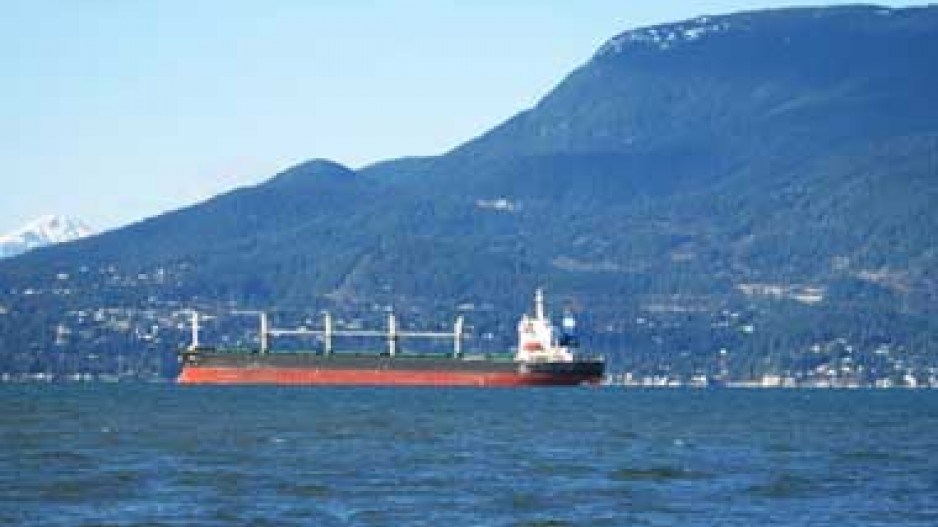A streamlined process for environmental reviews of major projects is being slammed by environmental organizations and applauded by business groups.
Natural resources minister Joe Oliver today fleshed out plans to expedite environmental reviews for major projects, earlier announced as part of the federal budget.
Projects such as pipelines and mines are often subject to environmental reviews by both the provincial and federal agencies – which the federal government considers unnecessary red tape.
“[The new process] will help prevent the long delays in reviewing major economic projects that kill potential jobs and stall economic growth by putting valuable investment at risk,” Oliver said Tuesday.
Under the streamlined system, hearings and assessments must be completed within two years, and the number of agencies involved would be reduced from about 40 to just three: the Canadian Environmental Assessment Agency, the National Energy Board and the Canadian Nuclear Safety Commission.
The federal government would focus on major projects, devolving smaller project reviews to the provinces.
The Western Canadian Wilderness Committee (WCWC) cited the prospect of Kinder Morgan’s plans to twin its Trans Mountain pipeline as an example where the project may be subject to provincial scrutiny only – despite the fact the project would dramatically increase the oil tankers coming into Vancouver waters, which have traditionally been a federal mandate.
The twinning plan could result in up to 360 oil tankers a year coming up Burrard Inlet, the WCWC said – a plan that is already being opposed by Vancouver Mayor Gregor Robertson.
“It’s almost inevitable this will make it easier for some environmentally harmful projects to get approval,” said WCWC policy director Gwen Barlee. “A joint federal and provincial review is warranted for major developments because it’s in both the local and the national interest to protect the wildlife and wilderness that Canadians cherish.”
But the Business Council of BC welcomed the new review process.
“British Columbia is dependent on resource-based industries for three-quarters of our merchandise exports,” said BCBC executive vice-president Jock Finlayson.
“Currently there are over $100 billion in planned or potential investments in B.C., many linked to resource and infrastructure development. More of these projects will be able to advance, thanks to the changes being made by the federal government.”




